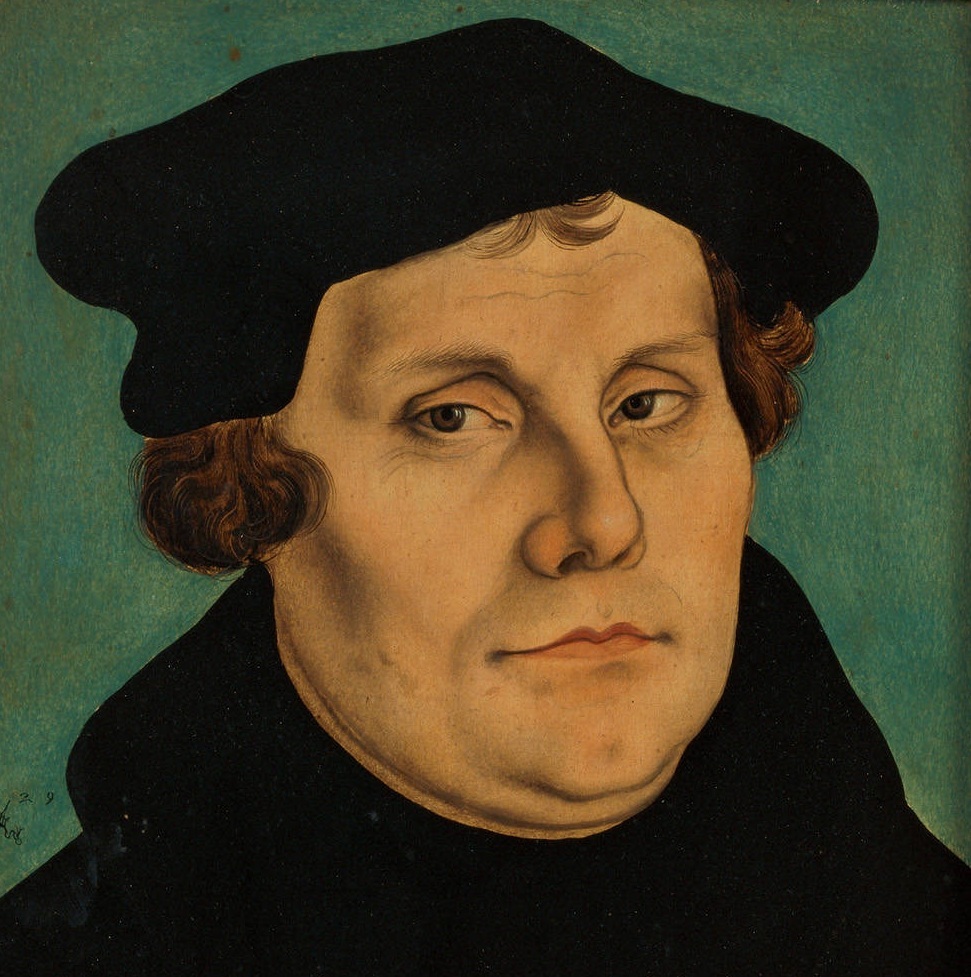“My conscience is captive to the Word of God. I cannot and I will not recant anything. God help me. Here I stand, I can do no other.”

Martin Luther (1483-1546) Martin Luther is widely known as the architect of the reformation. On October 31, 1517, Luther famously nailed 95 theses on the castle door of Wittenberg as a “protest” against the Pope and the selling of indulgences.
As a monk in the Roman Catholic Church, Luther lived a miserable life. No matter how hard he worked, or how much he fasted and prayed, he never felt like he was righteous enough to earn God’s favor. Years of hard work and even a trip to Rome couldn’t assuage his guilt.
The rescue Luther sought would be found in the pages of Scripture. As he studied, Luther became convinced that salvation could never come by his inadequate attempts at atonement, but can only be received as a gift from a gracious God who declares sinners righteous through the blood of Christ alone by faith alone. Luther declared later that this was the moment he was born again.
Luther’s fame as a theologian and apologist grew, but his love for God’s word burned brightest. Following the example of John Wycliffe, he went on to translate the Bible into German so that the gospel which had rescued him would be available to all. Luther died in his hometown of Eisleben, Germany in 1546, nearly thirty years after he struck the nail which launched the Protestant Reformation, but his example continues to inspire believers around the world.
No comments:
Post a Comment